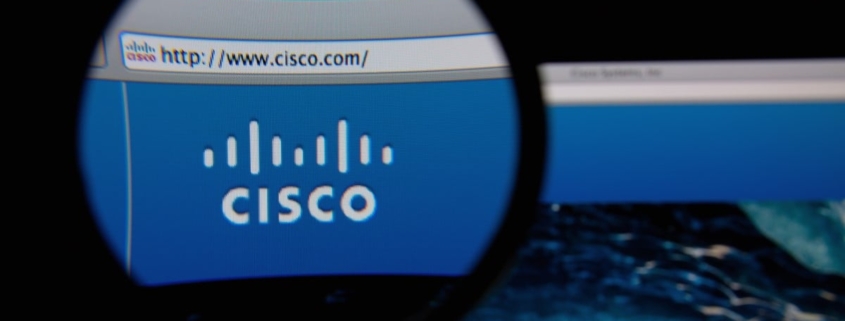Governments issue alerts after ‘sophisticated’ state-backed actor found exploiting flaws in Cisco security boxes • The Register
A previously unknown and “sophisticated” nation-state group compromised Cisco firewalls as early as November 2023 for espionage purposes — and possibly attacked network devices made by other vendors including Microsoft, according to warnings from the networking giant and three Western governments.
These cyber-spy campaigns, dubbed “ArcaneDoor” by Cisco, were first spotted in early January and revealed on Wednesday. And they targeted VPN services used by governments and critical infrastructure networks around the globe, according to a joint advisory issued by the Canadian Centre for Cyber Security (Cyber Centre), the Australian Signals Directorate’s Cyber Security Centre, and the UK’s National Cyber Security Centre (NCSC).
A Cisco spokesperson declined to comment on which country the snooping crew – tracked as UAT4356 by Talos and as STORM-1849 by Microsoft – is affiliated with. The disclosures, however, come as both Russian and China-backed hacking groups have been found burrowing into critical infrastructure systems and government agencies, with China specifically targeting Cisco gear.
The mysterious nation-state group “utilized bespoke tooling that demonstrated a clear focus on espionage and an in-depth knowledge of the devices that they targeted, hallmarks of a sophisticated state-sponsored actor,” according to a Talos report published today.
The attacks exploit two vulnerabilities, CVE-2024-20353 and CVE-2024-20359, in Cisco Adaptive Security Appliance (ASA) and Firepower Threat Defense (FTD) devices, and the networking giant issued fixes for both on Wednesday, plus a fix for a related flaw.
CVE-2024-20353 is a high-severity vulnerability in the management and VPN web servers for Cisco ASA and FTD devices, and could allow an unauthenticated, remote attacker to cause the machines to reload unexpectedly, resulting in a denial of service (DoS) attack. It received an 8.6 CVSS rating.
Two other flaws, CVE-2024-20359 and CVE-2024-20358 received a 6.0 CVSS score, and could allow an authenticated local attacker to execute arbitrary code with root-level privileges. Exploiting either, however, requires administrator-level privileges.
Cisco says it hasn’t yet…


